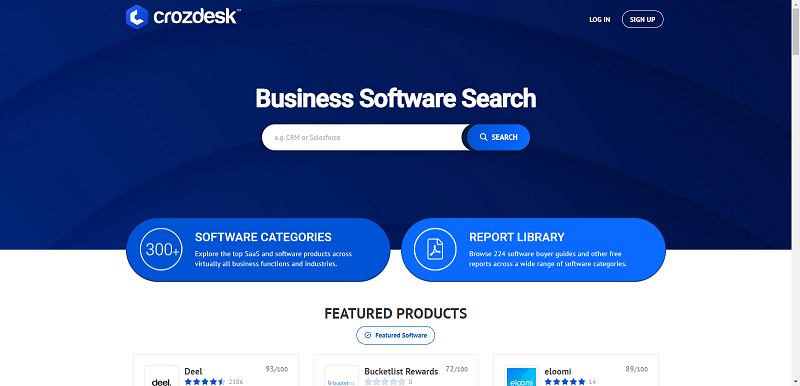Bootstrapping your tech startup to a global market leader is possible but most founders struggle with finding a right business and marketing model or the right mix of features for their solution. Funding a startup’s progress is another major problem for entrepreneurs while a good number of startup incubators and accelerators come at a very high cost for tech startups.
Seed Accelerator Rankings Project (SARP), an organization that provides a ranking for the top US accelerators, reveals that the average accelerator program among those they survey is taking some 6 percent in the funded company. The average seed investment stands at $39,500. It may seem as no big deal but good accelerators provide more than strictly monetary benefits. Benefits include mentorship, access to a developed network, and pitching and meeting investors all of which are invaluable perks for an early-stage startup.
Y-Combinator is undisputed leader in SARP’s ranking of the top 20 US accelerators although they recently redefine themselves as a seed fund rather than an accelerator. HAX, operating in Shenzhen and San Francisco, IndieBio, a biotech accelerator in San Francisco, Internet of Things accelerator R/GA, and UC Berkeley’s SkyDeck program are new risers on the list of top accelerators.
More than a third of the startups, 35.6 percent, managed to attract a large funding round within a year after completing their program, raising $1.5 million on average. The total current valuation of startups that have graduated from top 10 accelerators stands at some $4.4 billion while only 3.5 percent of those companies have completed a successful exit. Nearly all startups, 96 percent, in the top 10 programs say they would look for an accelerator program once again if needed.
Unsurprisingly, top accelerators make new seed investments in startups across varied market niches but some noticeable current trends can be seen. Artificial intelligence (AI) is the word of the day, and accelerators are fast to fund startups developing AI tools ranging from customer support apps, to sales and marketing operations, to consumer digital assistants. AI startups looking for a high valuation also enter the real estate market and accelerators gladly invest in future Airbnbs.
Another huge space for accelerator-backed AI startups is transportation and logistics where companies move from mapping and traffic apps to more sophisticated solutions such as vehicle routing or profit maximization in transportation business. Nonetheless, a Techcrunch report concludes that almost every accelerator-backed startup is experiencing quite a lot of business model pivots before developing into a big company. One would easily spot technologies intended for a specific industry ending up as a viable solution in a very different market.
That is why startups’ founders would be wise to seek assistance from top accelerators or industry-specific ones. A middle-of-the-pack accelerator is usually unable to cover all industries while a top program, as a rule, can bring in experts that fit the particular needs of your startup, says SARP’s Managing Director, Yael Hochberg, in an interview with Inc.com. Accelerators’ financial models vary as well, with some accelerators providing up to $175,000 in funding (compared to an average of $39,400 for 5.5 percent stake) and others not taking any equity stake at all.
Accelerators understand that a profitable business model requires more than a mere 6 percent stake in a tech startup. So, they are increasingly moving toward attracting follow-on funding from VC investors to secure a profitable exit for both themselves and the startups graduated from their programs. A combination of accelerator and VC funding seems like an affordable and practicable solution for many tech companies that have no means or desire to walk the difficult path of bootstrapping their business.
By Kiril V. Kirilov






